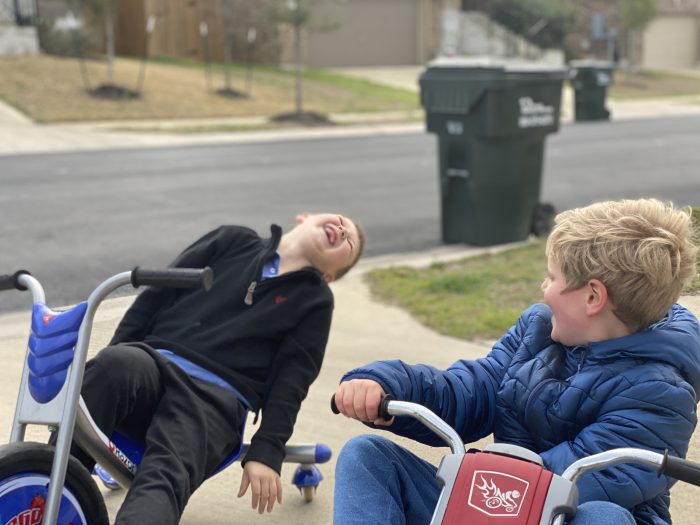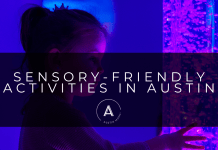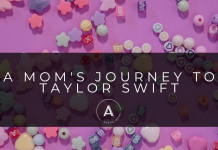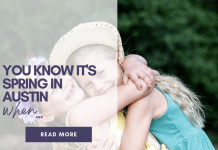Autism Awareness: Actions Speak

When a family steps into the ring with autism, it packs a mighty punch. You fall quickly and all at once into a new world. Everything else melts away into a puddle that you step over. You make an empty promise to give it due attention on a someday that won’t ever come.
You pray for the world to be different. That it will not only include your child but value your child and their unique abilities and skill sets. You want friends for your child, education for your child and jobs for your child.
Families impacted by autism tell their stories in hopes of propelling their children into a future that includes them. Thinks about them. Dreams for them.
“National Autism Awareness Month represents an excellent opportunity to promote autism awareness, autism acceptance and to draw attention to the tens of thousands facing an autism diagnosis each year.” -Autism Society
In 1970, the rate of autism in children was 1 in 2,000 (Autism Society, 2008).
Parents were faced with the knowledge that most people in the world were not familiar with autism, it’s characteristics or treatment options. I can’t imagine the loneliness that must have accompanied them. But, also the determination to keep the opportunity for education and dialogue open. They had to spend time educating and re -educating as new studies and information came out. These families were imperative to the awareness we have today.
Fifty years since it’s inception and in 2020, the estimated rate of autism is 1 in 40 (Organization for autism research, 2019).
At this point, everyone has heard of autism.
We have the opportunity and strive to be better than those who walked before us. Knowledge is at our finger tips. We are capable of change and advocacy. Raising our standards of love and acceptance is apparent in the millions of articles published each year explaining different views of family life. Expanding autism awareness into action starts with families that want to support their neighbors, family members or strangers. They want to radiate a light as a beacon of hope to those with special needs and their families.Talking to your children about autism is an important first step. With statistical prevalence being as high as it is, releasing the stigma around autism could be the key to unlocking some of the barriers found in a classroom setting and on playgrounds generations ago.
Here is a great video from The National Autistic Society geared towards children that explains autism and could jump start dialogue for a discussion:
Schools usually have groups that they have in place to help those that may need a little extra help with social skills. Talk with your child about participating in those groups so peers have another peer to model after.
Speaking to your child about those who may be left out of conversations, birthday parties, friendships, sports etc. And brainstorming together to come up with ways to include those peers.
Having an open dialogue with your child where no questions or topics are off limits can foster a love of learning about others.
Kindness and extravagant love will never be over spent, without appreciation or wasted. Room for everyone at the world’s table starts with questions, acceptance, action and, perhaps most importantly, abundant grace and love.











